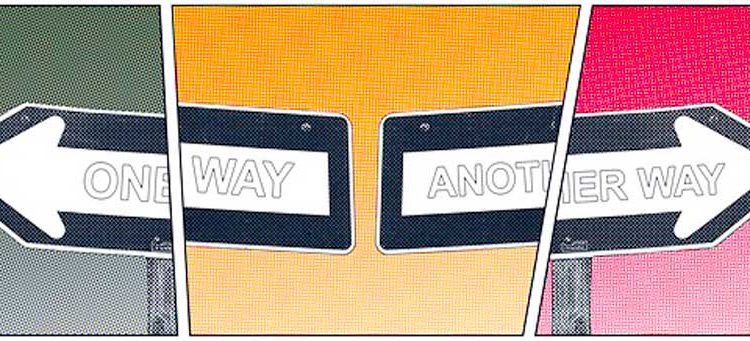Recently I had a ‘New Year’ conversation with a good friend. Our talk turned to Noam Chomsky and his film, Is The Man Who Is Tall Happy?, an animated documentary on the life of the linguist, philosopher, and political activist by French filmmaker Michel Gondry. (It is, btw, a delightful and provocative film.) Chomsky had been an early influence in my friend’s academic life. We touched briefly on Chomsky’s atheism and his belief in (I paraphrase) the “big nothing” that follows death. The topic of what comes after—nothing or something—tugged at me more than usual, due I think, to winter’s dark days and …
The Big Nothing, Small Deaths, and How a Dilemma is Vital for Storytellers


